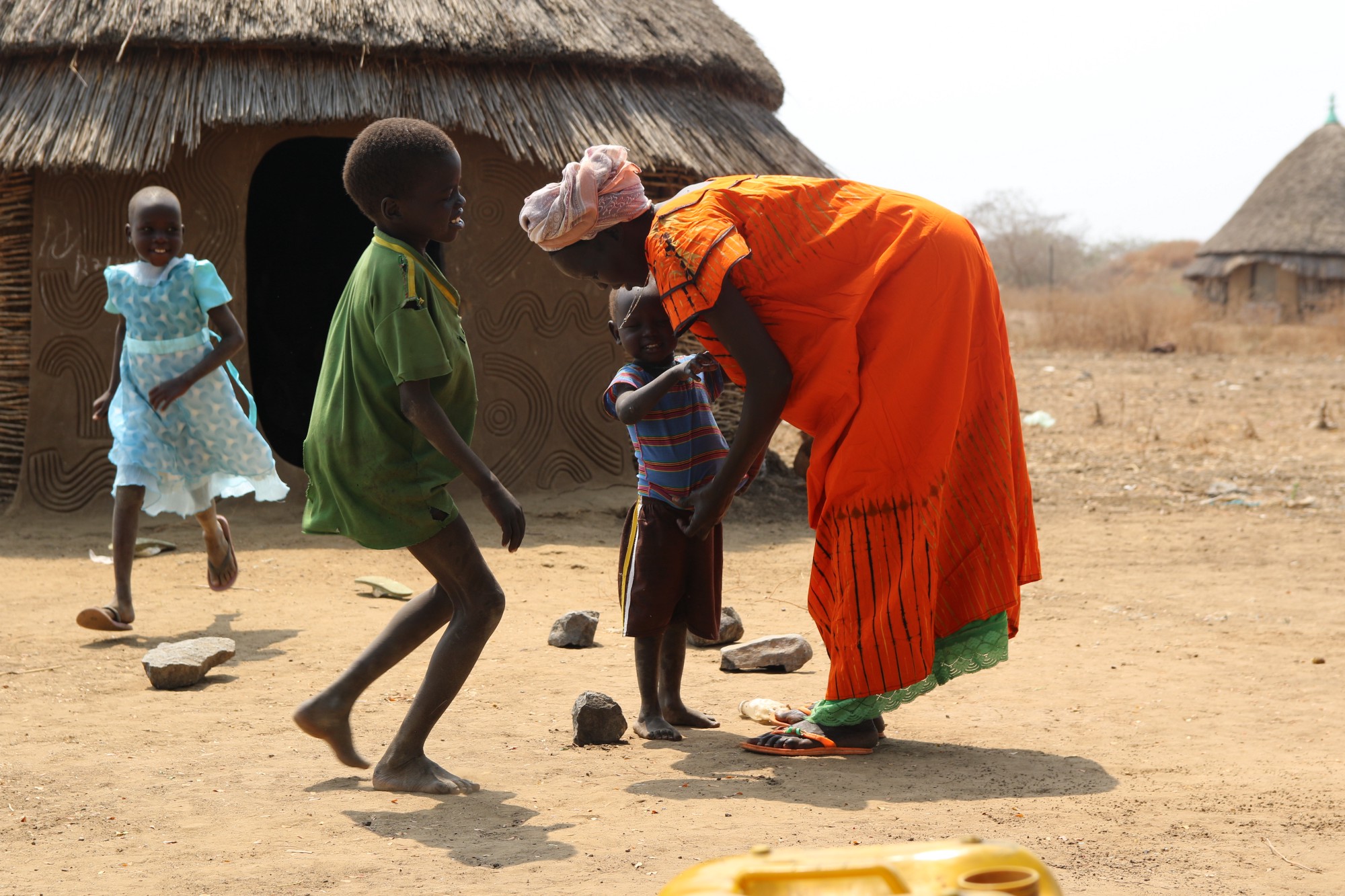As the Preparedness and Early response to Public Health Emergencies (PHEP) project draws to a close, Start Network member Christian Aid, reflects on the role of collaboration for the success of the project. This article was written by Paula Plaza, Communications Advisor at Christian Aid.
The PHEP project, funded by UK aid through the Disasters and Emergencies Preparedness Programme, was set up to strengthen the system for reporting diseases, to better anticipate and respond to outbreaks.
The reporting system is not new, it is a Government initiative dating back nine years ago. In theory, the system should work seamlessly, however, there were gaps in the implementation. Working with AMREF Health Africa, the PHEP project has been responding to these gaps.
The information flow relies on the accurate and timely collection and reporting of data for a number of diseases, including malaria, severe acute malnutrition, typhoid, polio, and measles among others. These are some of the diseases that affect the people in Gambella and surveillance of the diseases is a public health priority for the government.
Previously, the six woredas which were targeted by the project, were either not reporting or not doing so in a timely manner. With poor or no reporting, local and national government did not have the information to anticipate and respond to outbreaks in time.
Children in Lare woreda, one of the districts reached by the project. Credit Paula Plaza/Christian Aid
For the communities, this meant regular disease outbreaks for preventable diseases. In Gambella, there is no access to clean water or sanitation facilities, which has resulted in very poor hygiene. With a high influx of refugees from South Sudan, around 400,000 displaced people are currently living in camps and the region is a breeding ground for disease.
Under these conditions, prevention is key.
This is where the project comes in pooling existing resources such as the government-funded army of health extension workers (HEW) to meet the health needs of communities. Under the project, community health volunteers have been trained to detect, diagnose, refer and report diseases on time.
Two of the 245 Health Extension Workers (HEW) trained by the project. They learn to identify symptoms of disease, do initial testing, refer patients and log cases of disease. Credit: Paula Plaza/Christian Aid
The information collected now reaches the regional and ultimately the Ethiopian Public Health Institute (EPHI) under the Ministry of Health.
To allow an efficient information flow, collaboration of various people at local, regional and national level is necessary to make the project a success.
Reporting illness, key to prevention
Collaboration is happening at various levels.
For malaria, a case is identified and documented at the health post or health centre via a health extension worker. The HEW log cases of disease and issue a report.
After a case of measles, polio, rabies or maternal death is identified, the information reaches the EPHI within two hours of it being reported by the community. For other diseases such as meningitis, malaria, typhoid and dysentery the health facilities submit a weekly report.
‘Before the project there were no reports being issued, the reports are now being entered in the computer. Now reporting (of cases of illness) is easy and automated. It is much easier to log the reports.’
Kang Gatwech, Head of Woreda Health office
The strength of the system relies completely upon collaboration between local and national levels along with the timely reporting of diseases by all the health facilities to the EPHI.
On week 39 of the project, the proportion of health facilities submitting surveillance reports increased from 41% at baseline to 92%.
Linking up weather and disease
Similarly, the project provided four automatic weather stations, which are sending climate information to the central server at the National Meteorology Agency.
The weather information will help anticipate weather conditions predictive of conditions that could lead to disease.
For example, an increase in rain may help communities prepare for potential floods and the diseases associated with it.
The next stage of the project will be to provide this information to communities so they can make the most of this weather information.
Bekalu Tamene from the Regional Met Agency, shows the weather station. Credit: Paula Plaza/Christian Aid
‘The project has raised awareness connecting the health minister with the NMA and raising awareness of the importance of climate information.’
Bekalu Tamene, lead for the Regional Metereological Agency in Gambella
Health is not an isolated matter
Clean water and sanitation, the availability of nutritious foods and hygiene practices all coexist and can be predictors of poor or good health. One of the most positive outcomes of the project, has been the regular meetings involving health, water and nutrition sectors. The Regional Health Bureau sits and convenes cluster coordination meetings weekly between the different sector and includes relevant UN agencies as well as the government representatives and the Rapid Response Team (RRT).
Berhanu Seifu a member of the Rapid Response Team trained under the project. The Rapid Response team check and report cases of illness. Credit: Paula Plaza/Christian Aid
‘The impact of the meeting is that different sectors are coming together to raise issues to the woreda administration for decision making.’
Berhanu Seifu, member of the Rapid Response Team.
The major improvements in the reporting of disease in just two years of project implementation would not have been possible without the involvement of various government departments, health professionals and UN agencies. We anticipate that the relationships and new forums that have emerged as a result of the project will continue beyond the end of the project. Only time will tell, but the will is certainly there.
This article was first published on christian.org on March 15th 2018.

